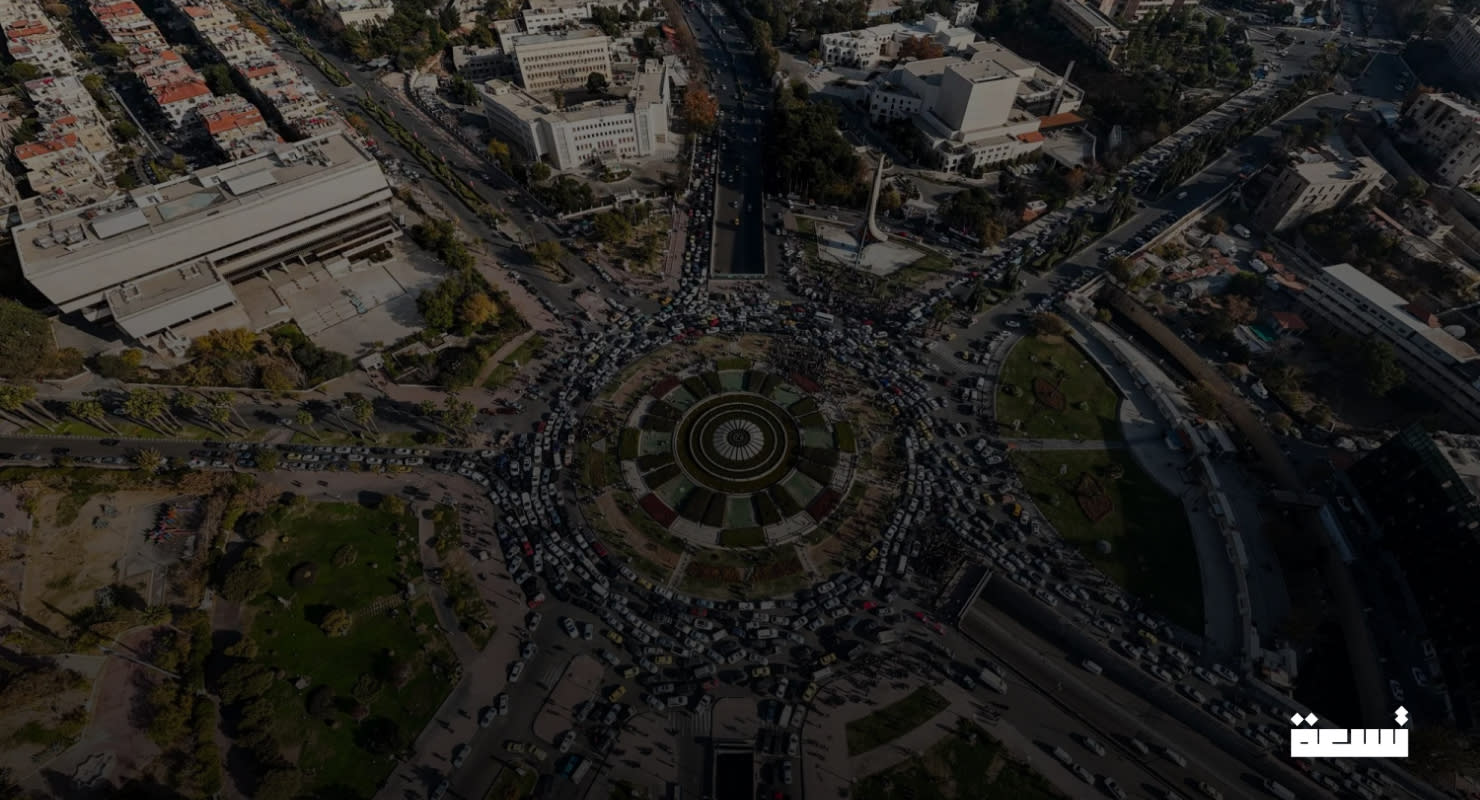Syria ranks fourth on corruption indicators.

Syria ranked fourth as one of the worst countries in terms of corruption, scoring 12 points, according to the new ranking by Transparency International.
Today, Tuesday, February 11, the organization released the Corruption Perceptions Index 2024 results for countries worldwide.
Syria showed a slight improvement in the new corruption index compared to 2023, where it ranked second jointly with Venezuela with 13 points as the worst countries in the world in terms of corruption.
Transparency International stated in its report that "most countries scoring the lowest on the corruption index are located in fragile and conflict-affected states."
South Sudan ranked worst in the world on the corruption index (8 points), followed by Somalia (9 points), Venezuela (10 points), Syria (12 points), and Libya (13 points).
The report identified criteria for evaluating corruption based on "bribery, diversion of public funds for unauthorized purposes, officials using public office for private gain without facing consequences, governments' ability to contain corruption in the public sector, excessive bureaucracy in the public sector that may increase corruption."
Other criteria include "using connections in civil service appointments, laws ensuring public officials disclose their assets and the possibility of conflicts of interest, legal protection for whistleblowers reporting bribery and corruption, capture of state by narrow interests, and access to information related to public affairs or government activities."
The report emphasized that "corruption remains deeply rooted worldwide, and in the Middle East and North Africa region, where there has been little significant progress over the past 12 years."
The Corruption Perceptions Index does not cover the following aspects: "citizens' perceptions or direct experiences with corruption, tax fraud, illegal financial flows, corrupt professionals (lawyers, accountants, financial advisors, etc.), money laundering, private sector corruption, and unregulated informal economies and markets."
According to Transparency International, minor fluctuations or changes in a country's corruption score are usually not considered important, so the organization highlights countries that experience significant statistical changes in the data results each year, as a significant change in a country's score is reflected in the majority of data sources that make up the Corruption Perceptions Index.
When some data sources record changes, it is unclear whether public sector corruption in that country has increased or decreased.